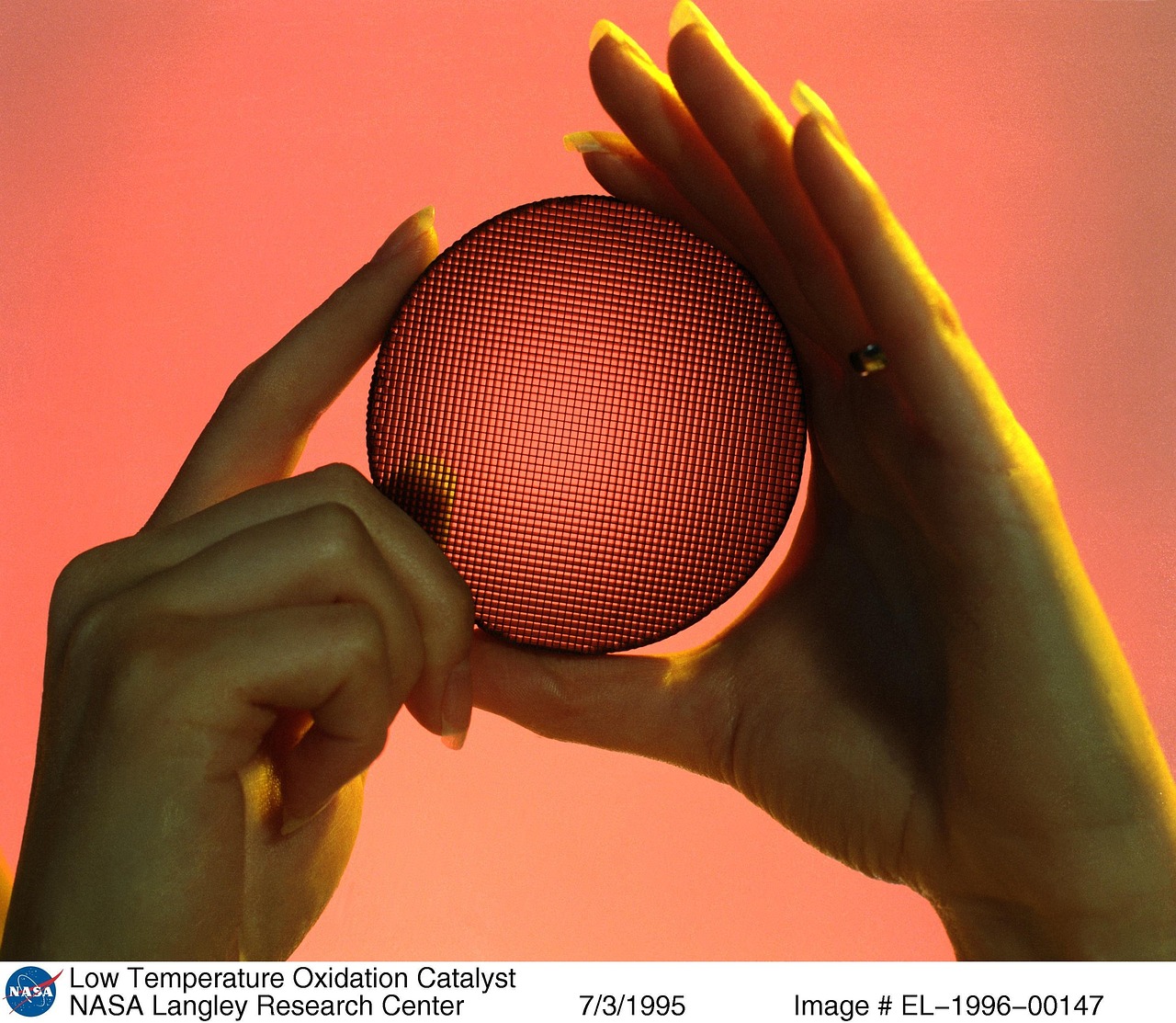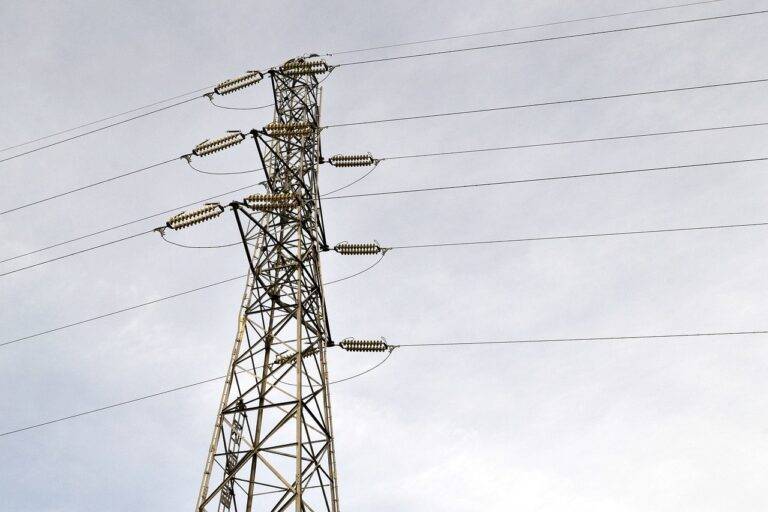Exploring the Potential of Tech in Water Conservation: Smart Irrigation Systems
Water conservation is crucial for maintaining a sustainable environment and ensuring a steady supply of clean water for future generations. With the increasing global population and the impact of climate change, the demand for water is escalating, making it imperative to manage this precious resource efficiently. By minimizing water wastage in our daily activities and adopting conservation practices, we can help alleviate water scarcity issues and preserve ecosystems that rely on this essential element.
In addition to safeguarding the natural environment, water conservation also plays a vital role in reducing energy consumption associated with water treatment and transportation. By using water more efficiently, we can lower the energy required for pumping, heating, and treating water, which contributes to reducing our carbon footprint. Implementing water-saving strategies not only benefits the environment but also leads to cost savings for individuals, businesses, and communities in the long run.
Challenges in Traditional Irrigation Methods
Traditional irrigation methods have been the primary means of watering crops for centuries. However, these methods have faced challenges in terms of efficiency and sustainability. One major issue is the high water wastage associated with traditional surface irrigation techniques, such as furrow or flood irrigation. These methods often result in water loss due to evaporation, runoff, or percolation below the root zone of the plants.
Additionally, traditional irrigation systems can be labor-intensive and time-consuming. Farmers need to manually monitor and adjust the water flow in the fields, which can be both physically demanding and inefficient. Moreover, uneven distribution of water can lead to waterlogged or dry areas within the field, impacting crop yield and quality. These challenges highlight the need for more advanced and sustainable irrigation practices to ensure the efficient use of water resources in agriculture.
How Smart Irrigation Systems Work
Smart irrigation systems utilize sensors to detect soil moisture levels, weather conditions, and even plant types to determine the precise amount of water needed. These sensors collect data and communicate with the central control unit which then activates the irrigation system only when necessary, ensuring water is used efficiently and effectively. By automating the irrigation process based on real-time data, smart systems eliminate the guesswork associated with traditional methods and prevent water wastage.
Moreover, smart irrigation systems can be programmed and controlled remotely via smartphones or computers, allowing users to monitor and adjust watering schedules anytime and anywhere. This feature not only provides convenience but also enhances the flexibility and adaptability of the irrigation system to changing environmental factors. With the ability to customize settings and receive alerts for any system malfunctions, smart irrigation systems offer a sustainable solution to water conservation in agricultural and landscaping practices.





